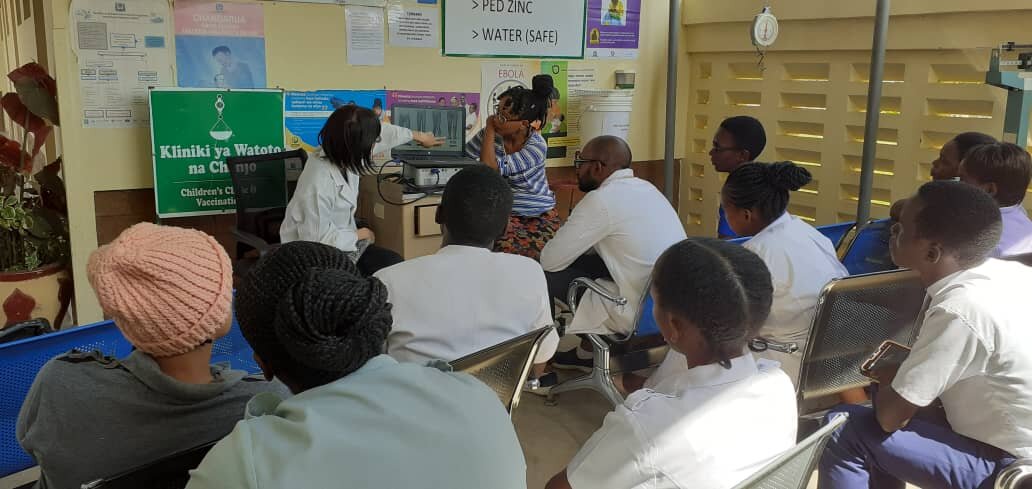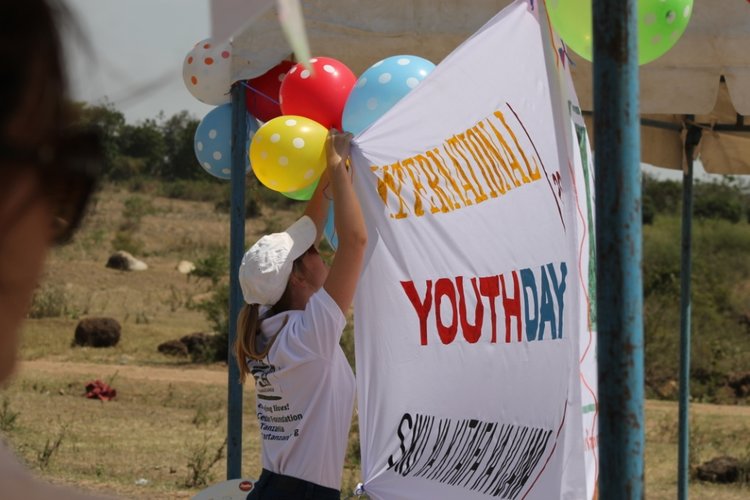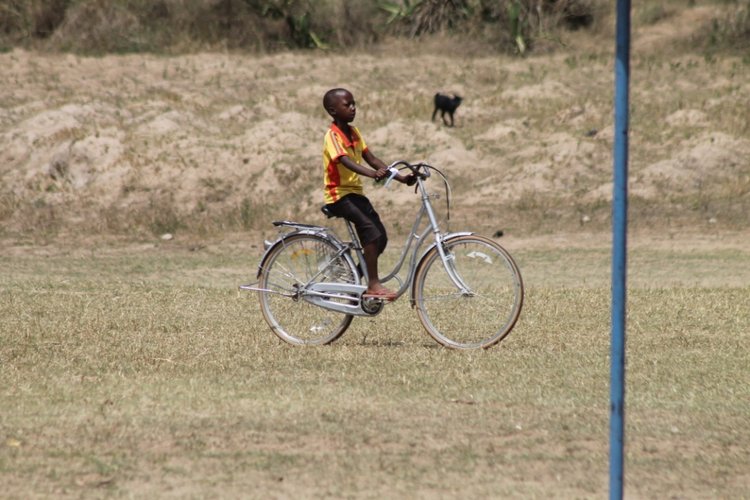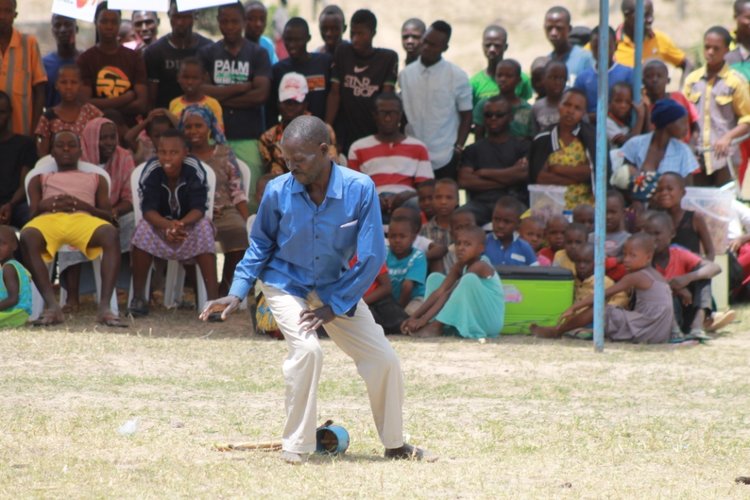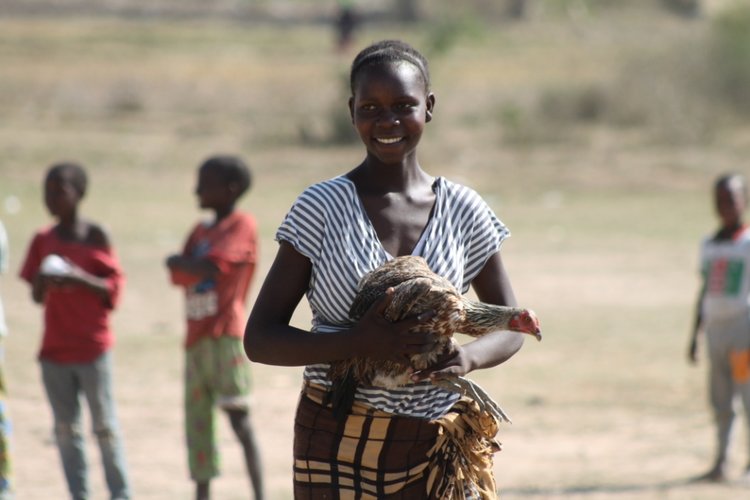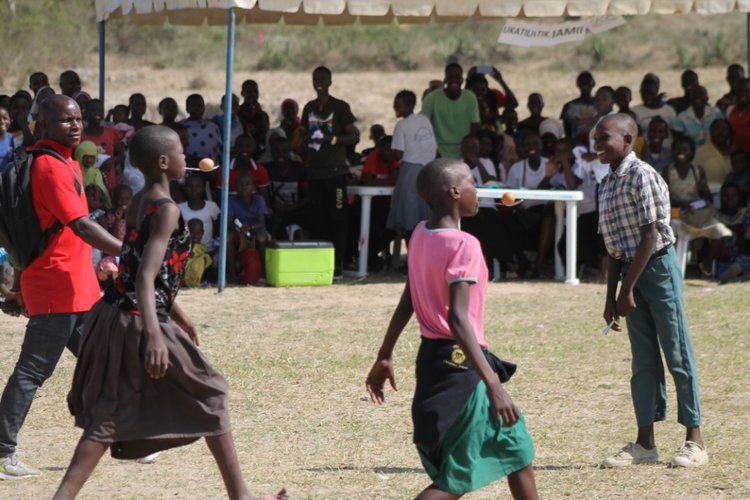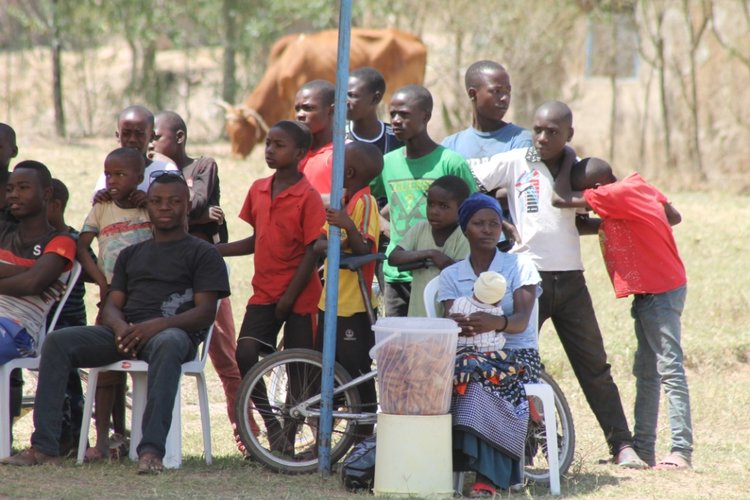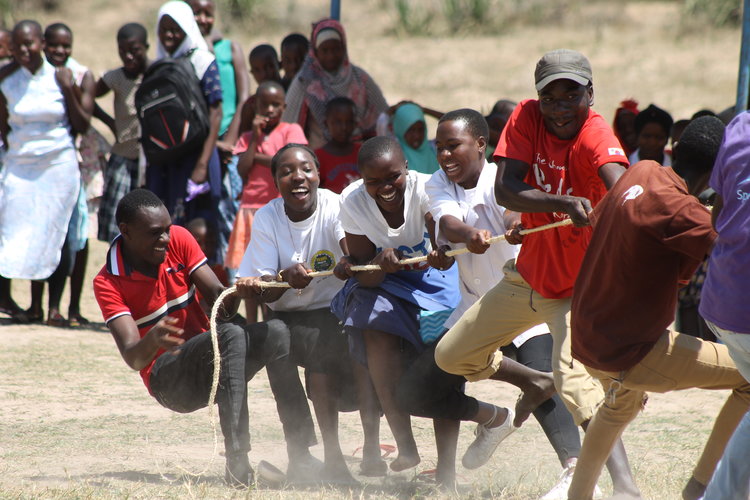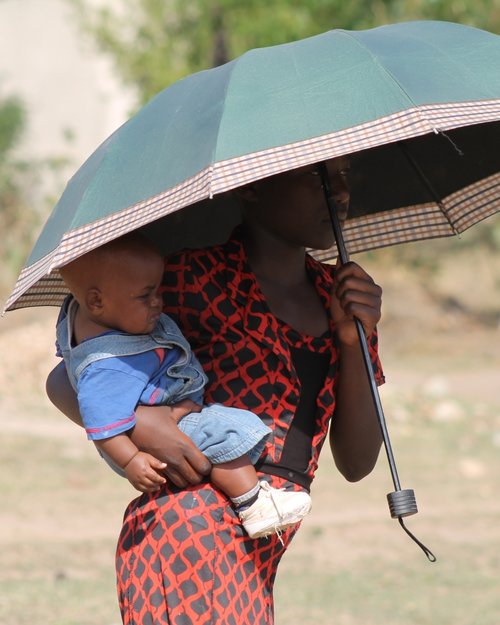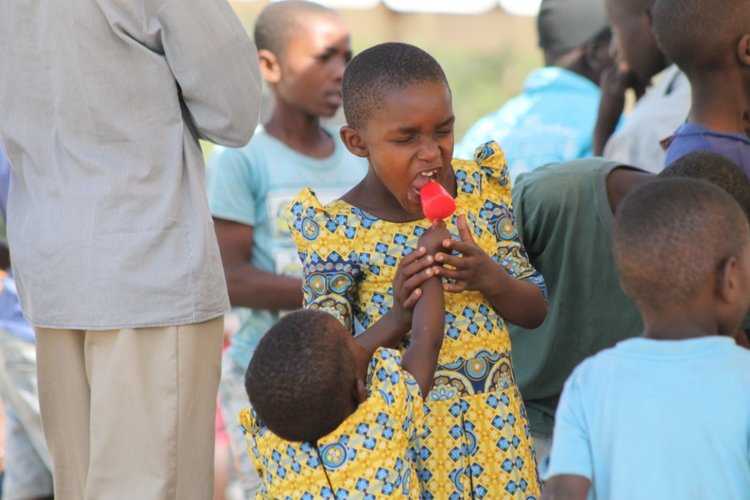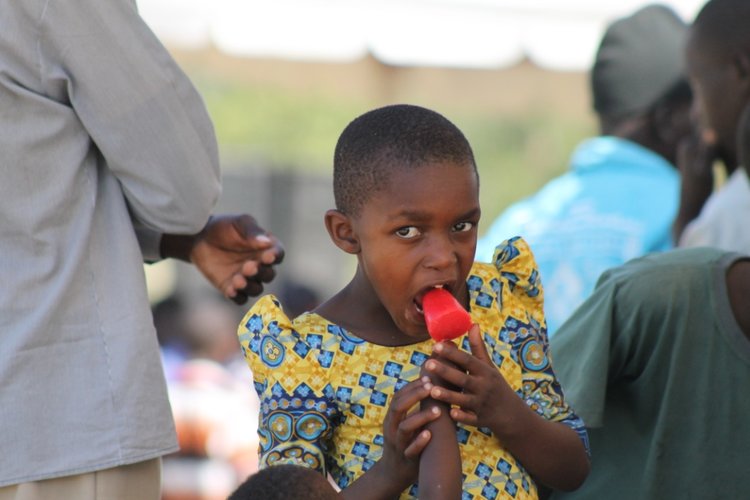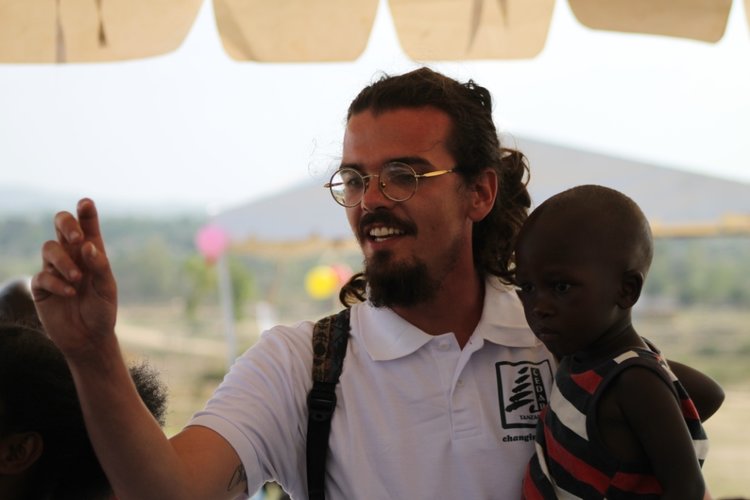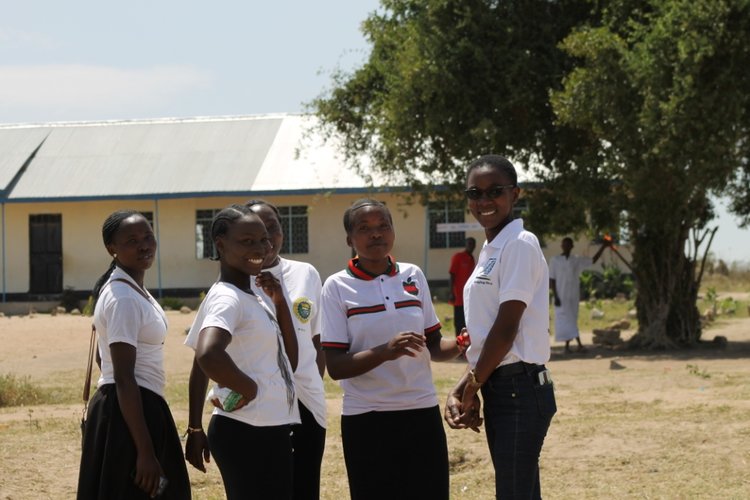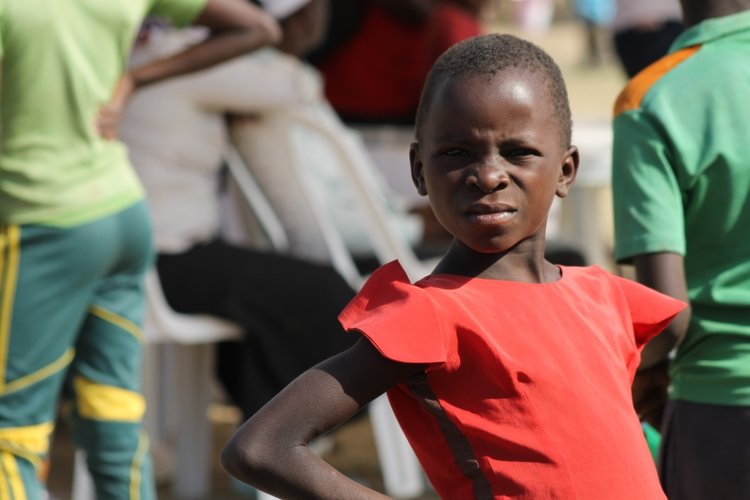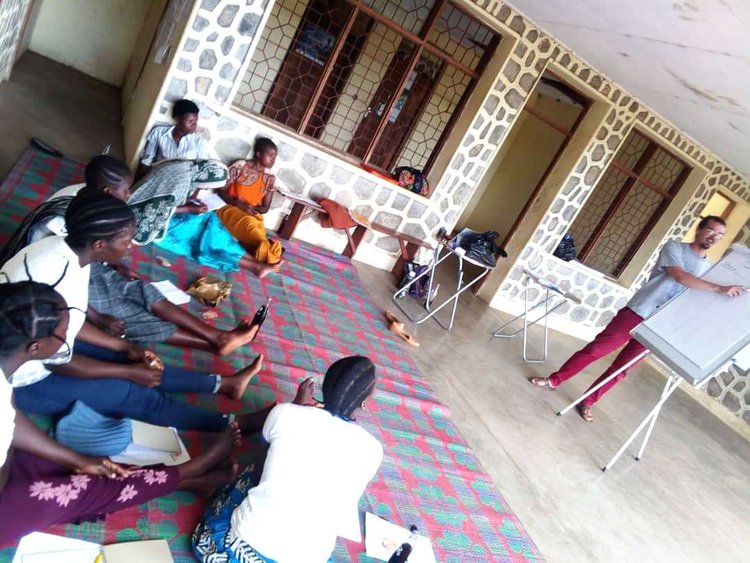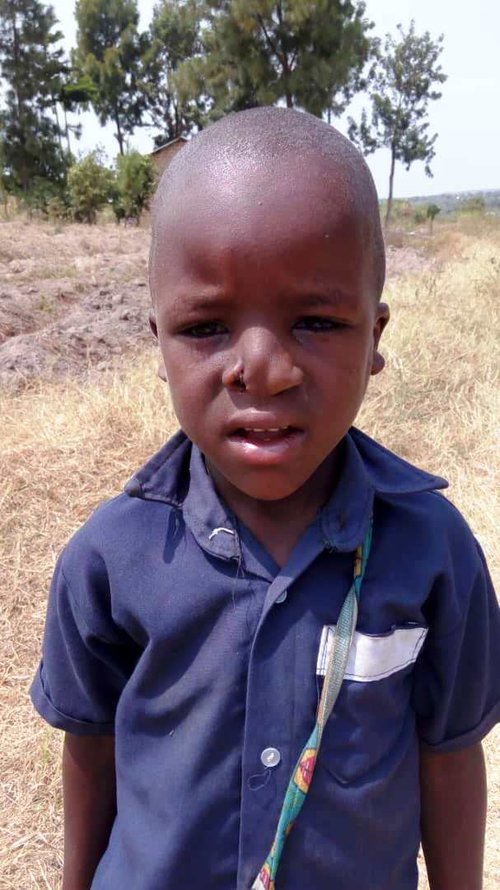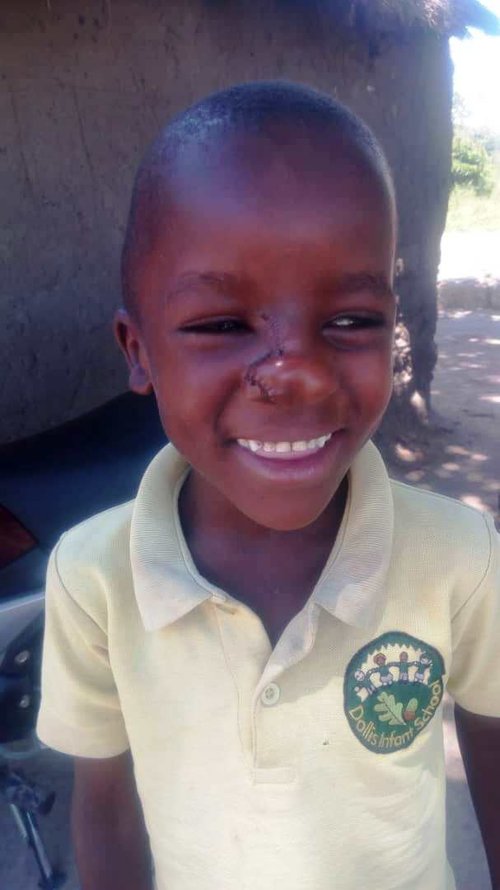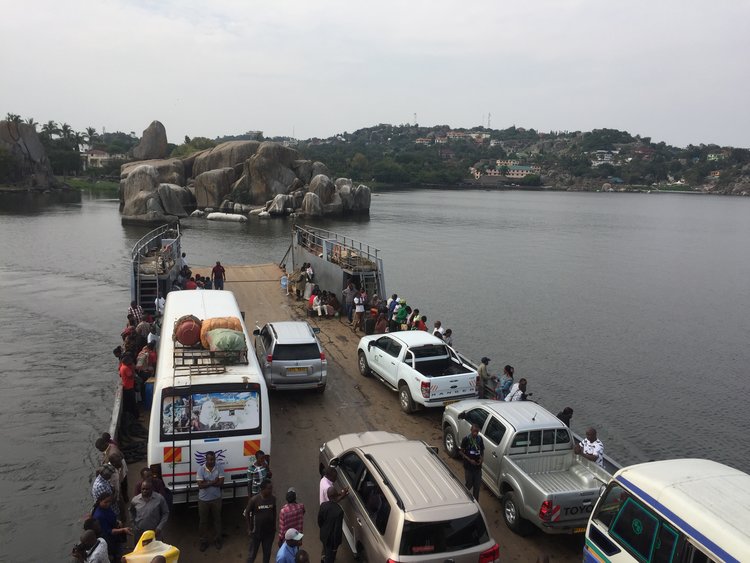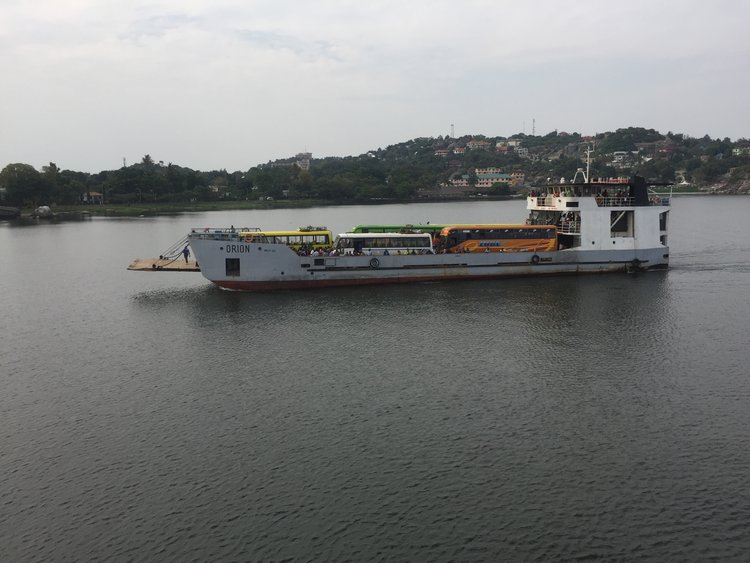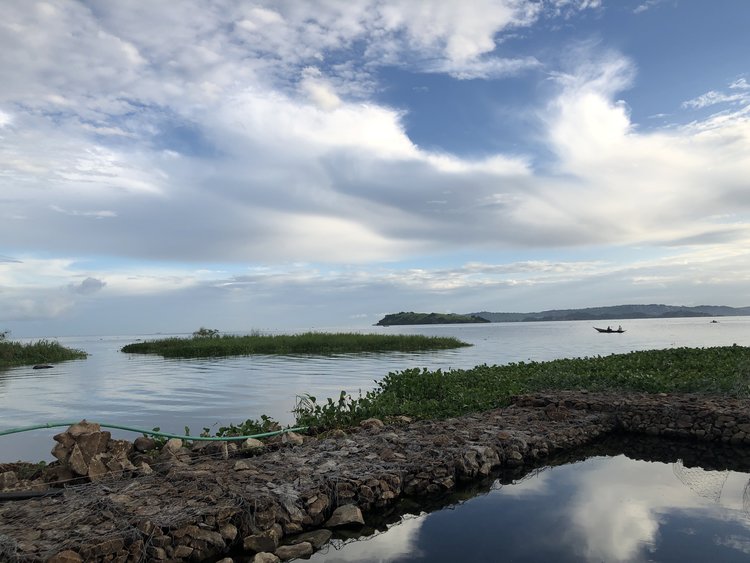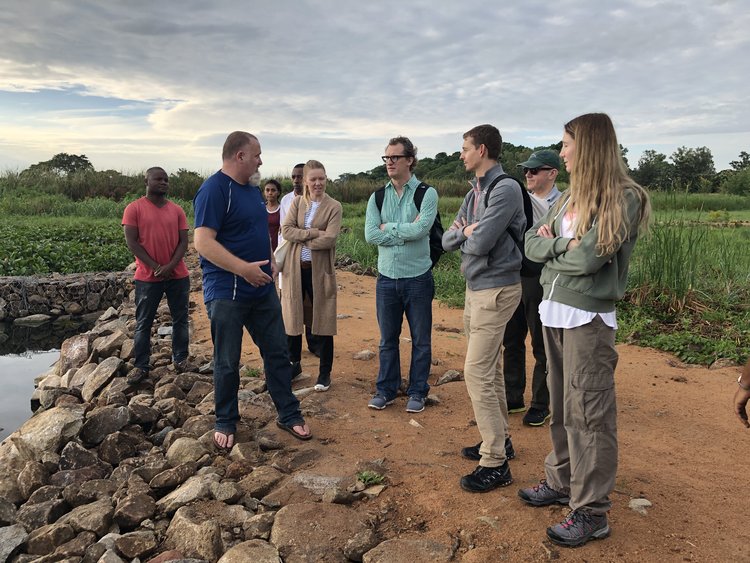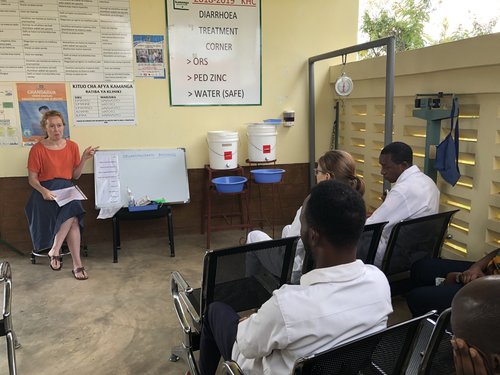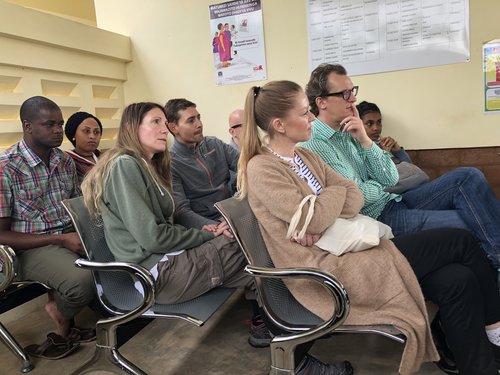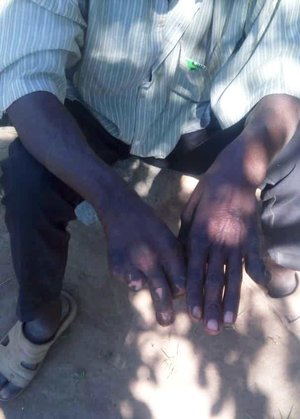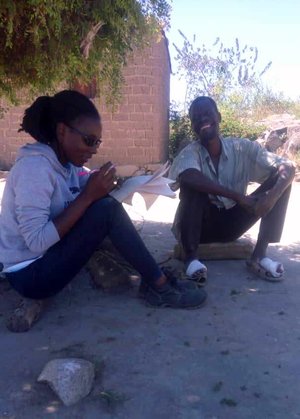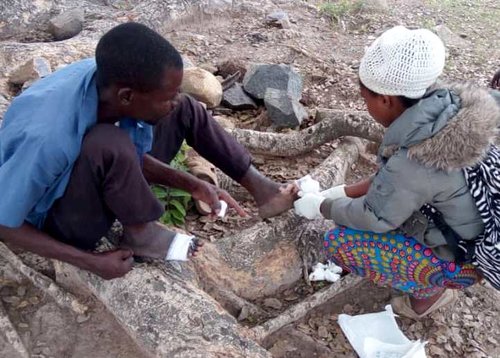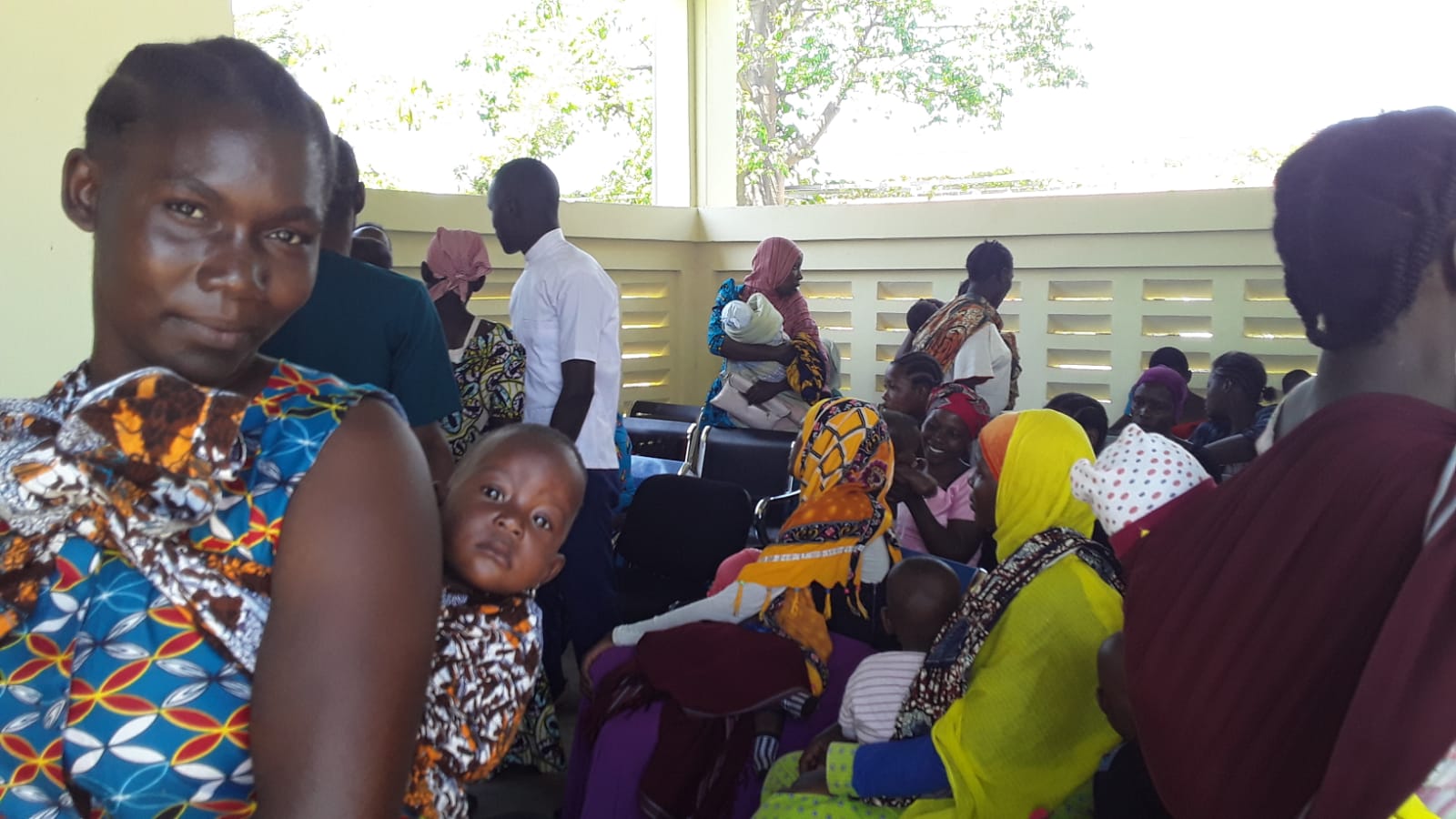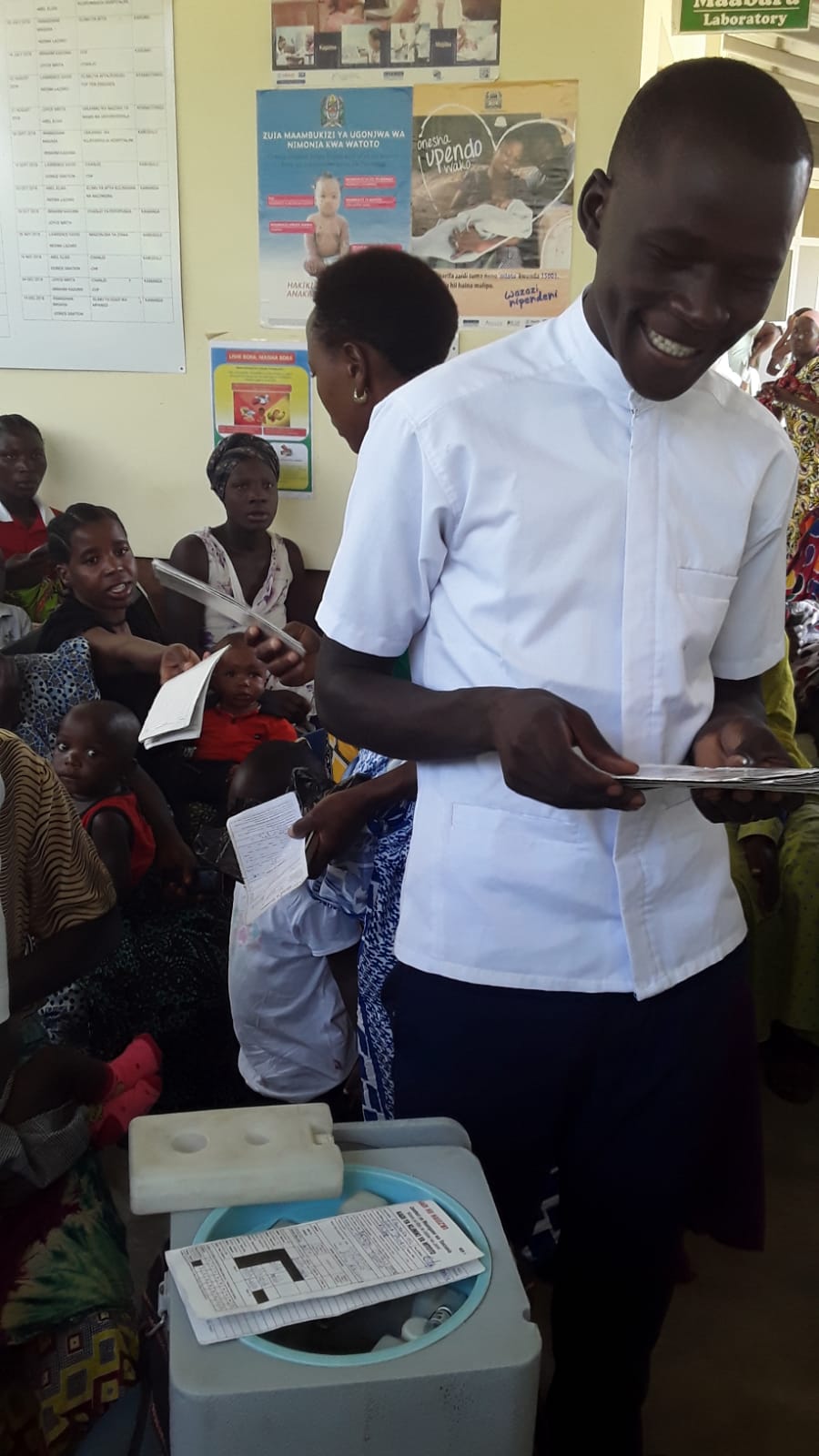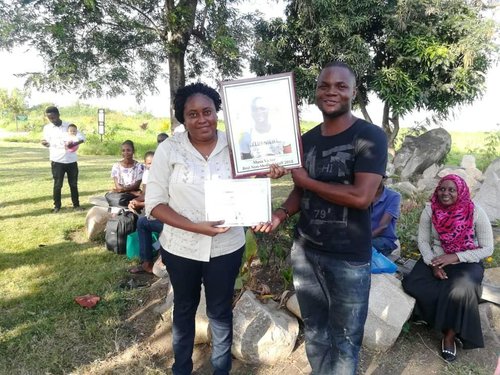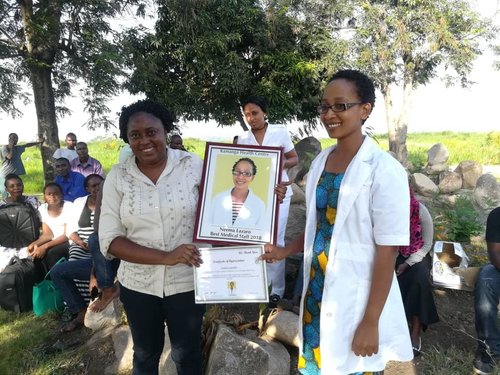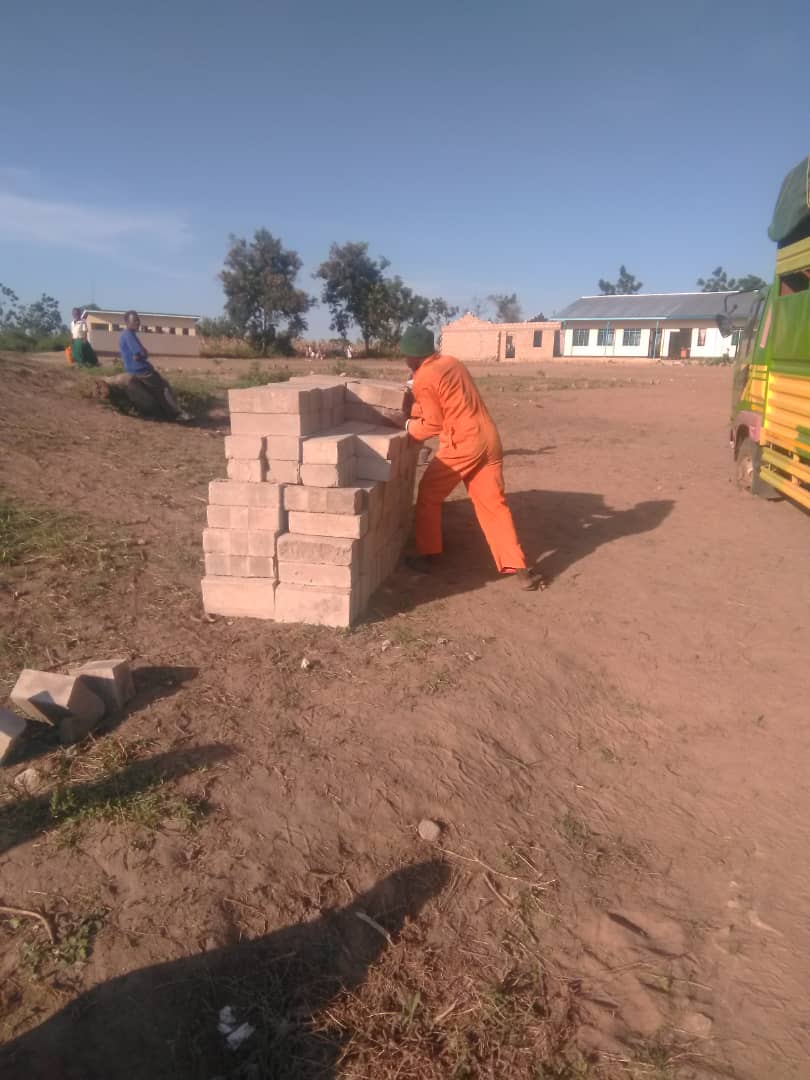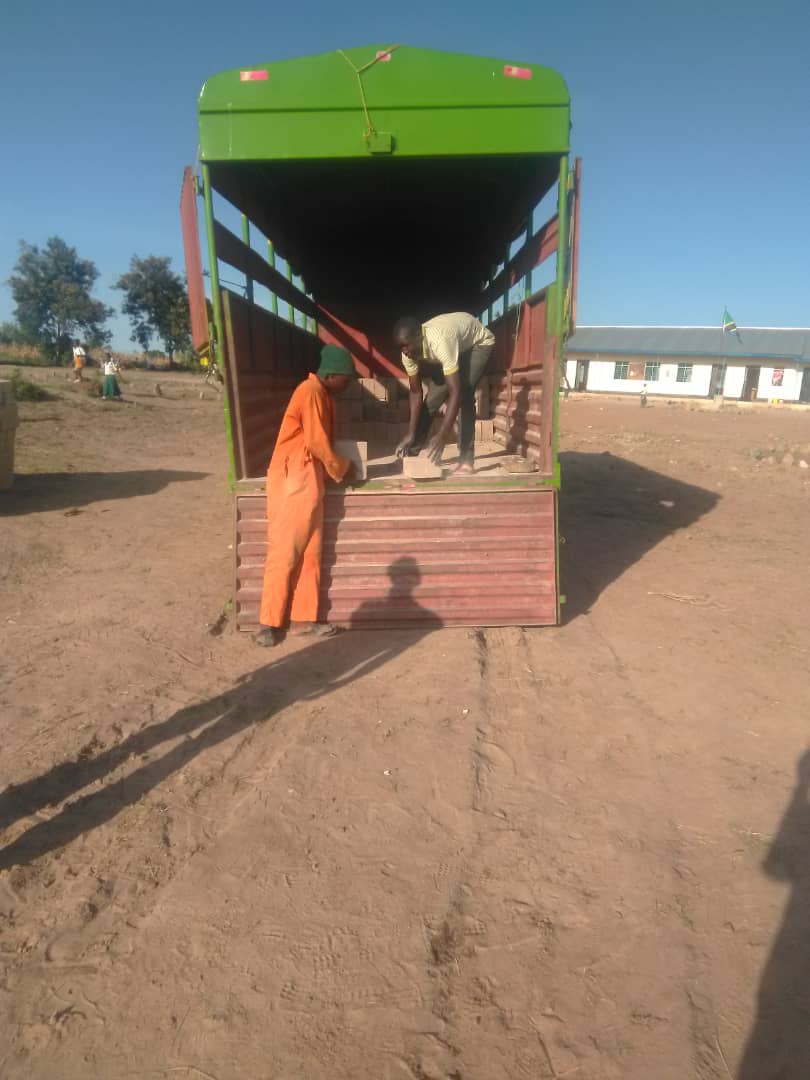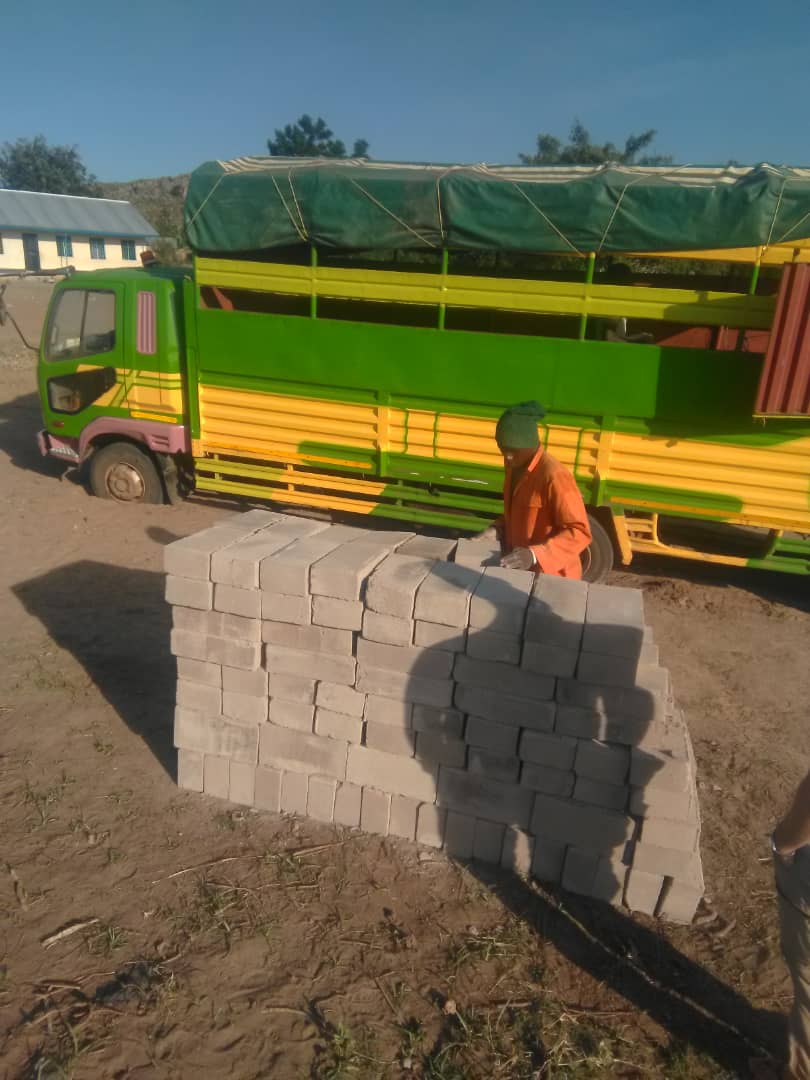Caroline will preside over central office functions including finance, HR, communications and fundraising as Director of Central Operations.
We are very fortunate to have these three inspiring women on board and I am excited about Cedar Tanzania’s future with them leading the way!
Why three?
Well, three is the magic number no?
Jokes aside, when I started working at Cedar Tanzania, we were just starting out. As is common in many start-ups, people’s roles were typically broad and covered a number of aspects – including mine. The size of the organisation meant I was able to work across multiple areas, from project work to fundraising, from finance to operational delivery. However, as the organisation has grown, the workload has equally grown and I think we have now reached a point where my role can easily be split between three clearly defined roles.
The other reason is because we had three very talented people whose strengths were in different areas and who complemented each other beautifully. It made sense to give all three more responsibility so they could work as a team and support each other.
And what of Mark O’Sullivan? Is he still around?
Oh yes, he is definitely still around! As our intrepid founder and Country Director, he is key in ensuring that we continue to deliver our work with vigour and flair! I have no doubt that Mark and the three new directors will take Cedar Tanzania to new and exciting places!
What legacy do you think you will leave behind?
Wow that’s a hard one. Hopefully a tidy desk although I haven’t got there yet!
None of what will remain when I leave Cedar Tanzania has been as a result of just my work – it’s all been because of team-work so it’s not strictly ‘my’ legacy. However, I’ll admit I feel happy at the thought of leaving an organisation that is growing and thriving, much like the communities we work in. I suppose I also feel a certain sense of achievement when I think that now, there is a health centre providing key healthcare services to people in a place that badly needed one five years ago.
What are your hopes for Cedar Tanzania?
Strategically, I hope that Cedar Tanzania and its projects will continue for decades to come, lead by Tanzanians with the full support of the Government of Tanzania.
My ambition hopes are that once The Cedar Foundation is well established in Tanzania, it will go on to achieve the same somewhere else. With Cedar Bulgaria shining bright as the very first ‘Cedar Foundation’, and now with Cedar Tanzania as the second, I see no reason why the organisation could not continue to grow globally.
From a more emotive perspective, I hope the spirit of Cedar Tanzania lives on throughout its future, whatever form this may take. ‘Changing Lives’ is not a motto that was chosen lightly. Cedar has certainly changed mine.












